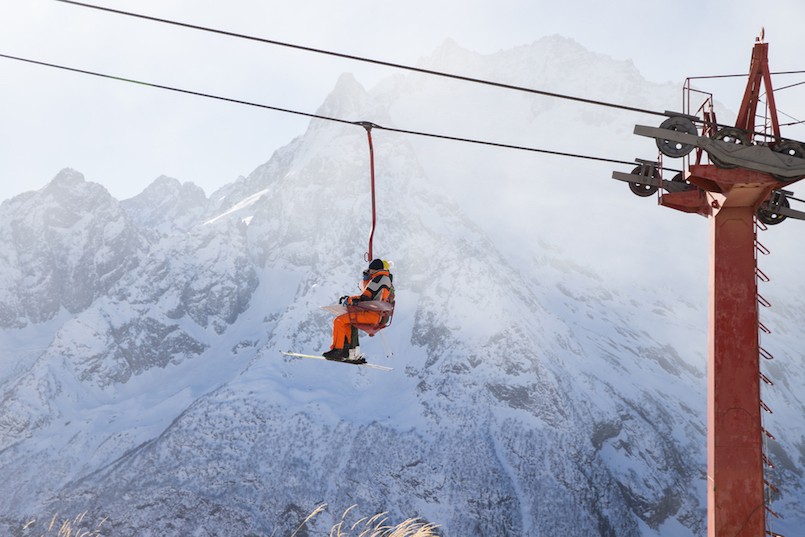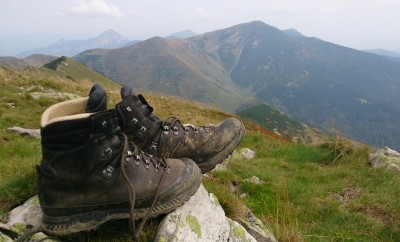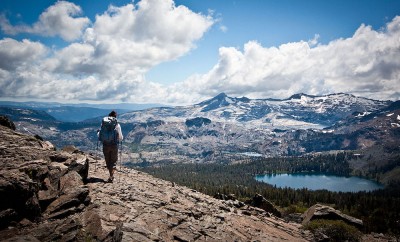Camping
How Altitude Really Affects Your Body

Image: Shutterstock/mariakraynova
How Altitude Affects Your Body
When traveling to the Rocky Mountains for a winter vacation, or anywhere else you might go in the mountains during the holiday season, it is common to feel the effects of altitude: nausea, dizziness, shortness of breath. But did you know being in the high altitude can even kill you? The best way to prepare for extreme altitude when you’re not acclimated to it, is to learn what’s actually happening to your body so you know how to treat it properly.
Altitude sickness is officially known as Acute Mountain Sickness (AMS). This is a condition where someone is exposed to low pressure at high altitudes and the low oxygen from the thinner air. In higher altitude there is less atmosphere above you, which causes the atmospheric pressure to decrease. The beach, for example, has an elevation of zero feet and the atmospheric pressure is 1 atmosphere. A 10,000-foot mountain would have .69 atmospheric pressure and a 14,508-foot mountain, like Mt. Whitney in the Sierra Nevada, would have .58 atmospheric pressure.
When your body is in a location with decreased atmospheric pressure, it is literally struggling to supply enough oxygen to your body because there is less oxygen available. You may think you’re out of shape since you’ll be breathing so heavily, but truthfully you’re hyperventilating to acquire enough oxygen. Some other symptoms associated with AMS include headache, fatigue, weakness, difficulty sleeping, loss of appetite, nausea, dizziness, and rapid pulse.
In order to prevent AMS, the first thing you should do is slowly increase your elevation by increments each day. Attention skiers and boarders, save the highest peak for the last day of vacation! Another tactic is to sleep at the base of the mountain, or at least a lower elevation, and then return to the higher elevation during the day. This gives your body time to adjust rather than just forcing it to acclimate as you increase elevation. Keep your body hydrated and fueled because AMS will cause you to lose your appetite, which will only make you more dehydrated.
Lastly, if you begin to notice any serious symptoms of AMS, descend quickly! Don’t let you ambition to conquer the peak get in the way. If you do not head down the mountain quickly, your AMS could soon turn into High Altitude Pulmonary Edema (HAPE), or something fatal like High Altitude Cerebral Edema (HACE) where your brain swells with fluid. Light symptoms of AMS could mean you just need to stop and rest at your present elevation before escalating further. Be mindful of your body’s warning signs and respond accordingly to keep yourself in the best possible condition.





0 comments